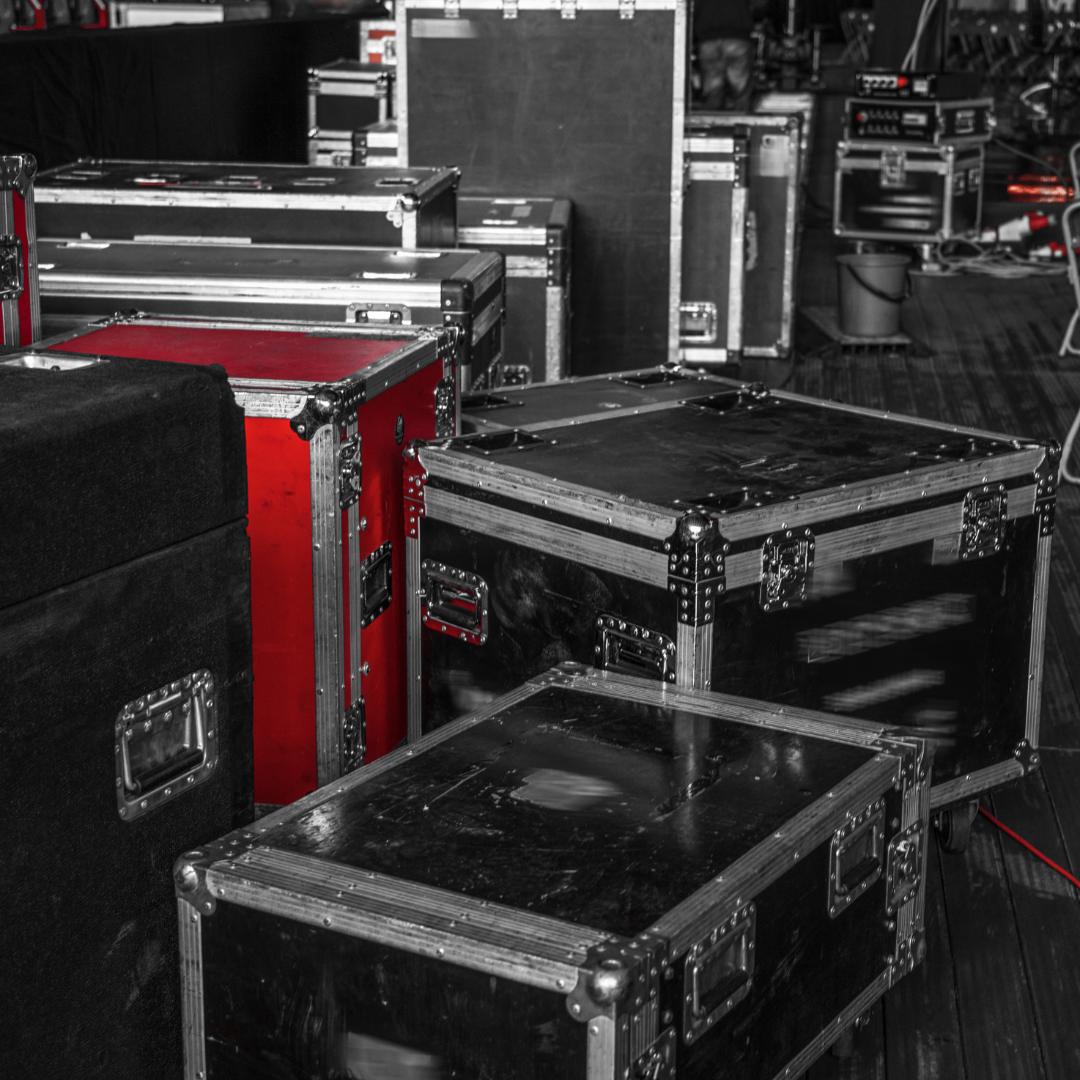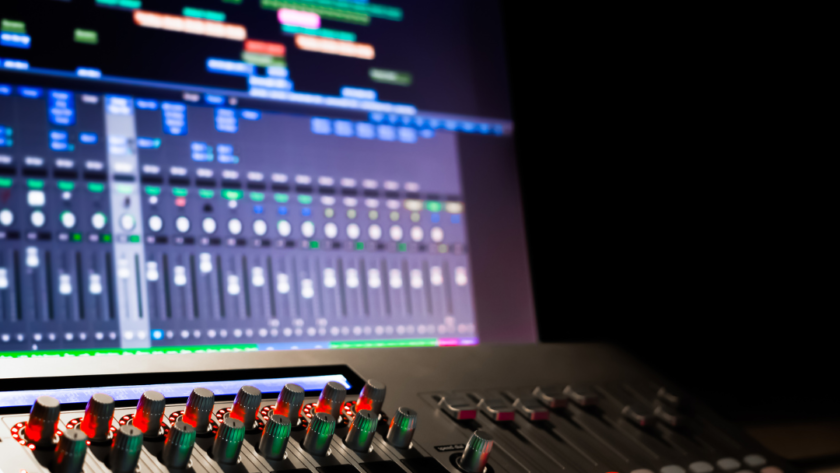Whether you work as an audio technician or sound engineer or enjoy music as a hobby, knowing how to store your equipment properly is important. Proper storage of your audio equipment is essential for its performance, safety, and longevity.
Below, we’ve got some top tips for safely storing your audio equipment and music gear.
Purchase a High-Quality Storage Case
You’ll need a sturdy, durable, and reliable case to safely store and transport your music gear. A top-quality case provides a protective barrier for your audio equipment, keeping moisture, dust, and other environmental toxins out.
Whether you choose a production case or footlocker with wheels, which you can learn more about here, it’s important to find a case tailored to your equipment. Your music instruments, cables, and audio tools should fit snuggly in the compartments of your case.
Avoid Storing Your Equipment in High Temperatures or Humidities

Both temperature and humidity are important factors to consider when storing your audio equipment.
Ideally, you should keep your equipment (whether in a protective case or not) in cool, dry environments. However, you should avoid storing your equipment in your attic, basement, or garage, as these areas are prone to significant temperature fluctuations and excess moisture.
Consider getting a thermostat and air humidifier for your music storage room to maintain the ideal room temperature and humidity for your equipment.
Store Music Gear in Upright Positions
It’s always best to store your audio devices and music equipment upright. Doing so prevents them from getting warped, bent, or broken, particularly if they have intricate components.
Consider purchasing stands for musical instruments and headphones to keep them off the floor and away from dust, moisture, and cold. Regularly check the area where you store your music gear to ensure it’s clean and dry.
Avoid Storing Your Music Gear in Direct Sunlight
Sunlight can damage music equipment by causing warping and discoloration. To protect your devices and instruments as much as possible, you’ll need to store them away from direct sunlight. Find a shaded area in your home that is far away from windows.
If you have no other option but to store your music equipment in a room that receives a lot of natural light, consider applying UV-blocking films to your windows to block out the ultraviolet rays of the sun. Alternatively, use blackout curtains and blinds to keep sunlight out of your storage room, throw a sheet over your music gear, or rotate your equipment regularly to minimize sun damage.
Secure Wires and Cables
Having loose wires and cables trailing around your music room or crumpled into your storage case can lead to a number of problems. Firstly, it increases your risk of tripping, falling over and getting injured. It also increases the chance of your wires or cables becoming frayed, bent, or broken.
To keep wires and cables safe and damage-free, secure them with Velcro or use cable organizers to keep them neat and organized.



